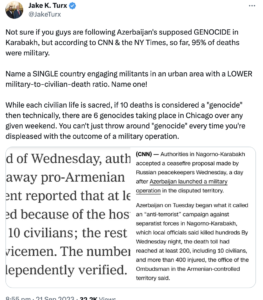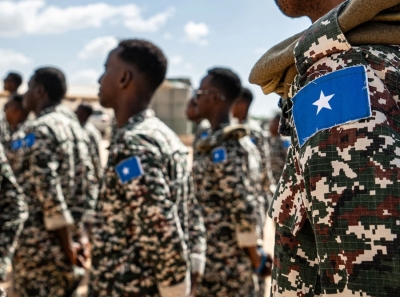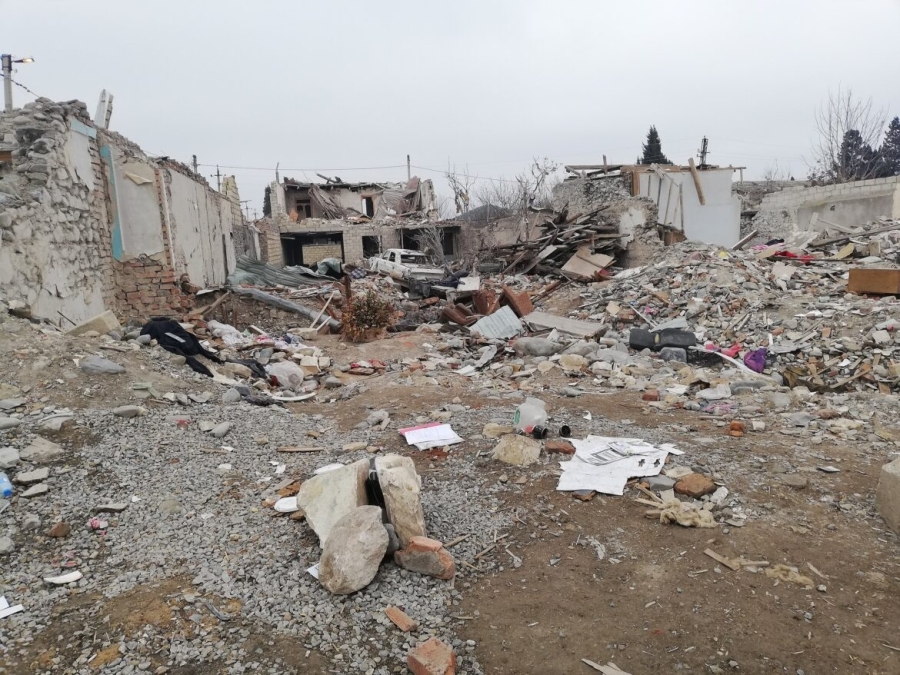In the realm of politics, words have the power to shape perceptions, fuel emotions, and even ignite conflicts. The use of certain words, particularly those laden with historical significance, demands the utmost care and responsibility.

This tweet (or whatever the posts on the newly rebranded X are called) was written by Abraham Jacob Terkeltaub, a senior White House reporter working for a number of publications under the pen name Jake Turx.
He’s also Jewish, as you might have guessed by his name, and he knows exactly what genocide is.
It is also well known to dozens of European rabbis who signed a petition to the president of Israel last week urging him to educate his Armenian colleagues on the proper use of terms associated with the Holocaust — the genocide that virtually wiped out European Jewry and forever changed the ethnic landscape of Central and Eastern Europe. The Holocaust was a systematic, state-sponsored genocide that defies comparison, and invoking these terms inappropriately cheapens their significance.
Sure, the people of Karabakh are currently facing some very tough choices. However, this in no way justifies the parallels with the Holocaust and the genocide of the Jews that Armenian leaders draw. This not only displays a disturbing lack of sensitivity but also undermines the true gravity of the words, which should be reserved for describing the Holocaust. Or, perhaps, it is not a mere slip of the tongue, but a glimpse into the bleak future that Armenian leaders are brewing for their people?
Let’s talk facts.
The so-called government of the unrecognized republic of Nagorno-Karabakh (an illegal enclave that emerged on the internationally acknowledged territory of Azerbaijan) has violated the existing peace accords. These agreements prohibited the presence of armed forces on the territory of the enclave, with the exception of the Russian peacekeeping contingent. However, the separatist leadership cared nothing about these agreements and armed 5,000 fighters. And we not talking about small arms. Aerial photography of the enclave confirmed the worst fears: the militants had heavy weapons, including tanks, APCs, artillery and anti-aircraft systems at their disposal.
The Azerbaijani army’s operation in the enclave also confirmed suspicions that the separatists had been using the humanitarian transport corridors not to move medicine and food, but to supply weapons. Obviously, according to the government’s logic, the population would do just fine without food and medicine. Or, better yet: the more horrible the picture they broadcast to the international media, the more sympathizers the separatists get.
And this treatment of their own population is not a recent development in the enclave. For over 30 years, they have been sowing discord, encouraging their people to embrace conflict rather than seeking peaceful solution. This deliberate policy of incitement is driven by political and financial gains, but its consequences have been nothing short of catastrophic.
Multiple generations have borne the brunt of this calculated manipulation. Families have been torn apart, livelihoods destroyed, and the dream of a peaceful, prosperous future shattered. The Armenian leadership’s promises of a brighter tomorrow have proven hollow, as the cycle of violence and instability continued unabated. It is high time for the people of Karabakh to question whether their leaders genuinely have their best interests at heart or if they are mere pawns in a larger political game.
There is a growing concern that Armenians in cahoots with their political sponsor, Russia, are more interested in perpetuating the smoldering conflict in the region rather than pursuing genuine peace.
Russia’s vested interests in the region, which include maintaining regional instability, align eerily with the actions of Armenian leadership. Their support, whether overt or covert, only serves to fan the flames of discord. This unholy alliance raises questions about their ulterior motives, which may involve ensuring their influence and control over the region at the expense of the suffering population.
The protesters in Yerevan vowing to fight to the very last drop of blood, may very well mean it… Except it’s not their own blood they are talking about, but that of the of the deceived, victimized, and miserable population, which has not been allowed to have a normal life for the past thirty years.
Click here to read more articles on Nagorno-Karabakh at EU Today
——————————————————————————————————————————–

Follow EU Today on social media:
Twitter: @EU_today
@EU_sports
Facebook: https://www.facebook.com/EUtoday.net/
https://www.facebook.com/groups/968799359934046
YouTube: https://www.youtube.com/@eutoday1049











